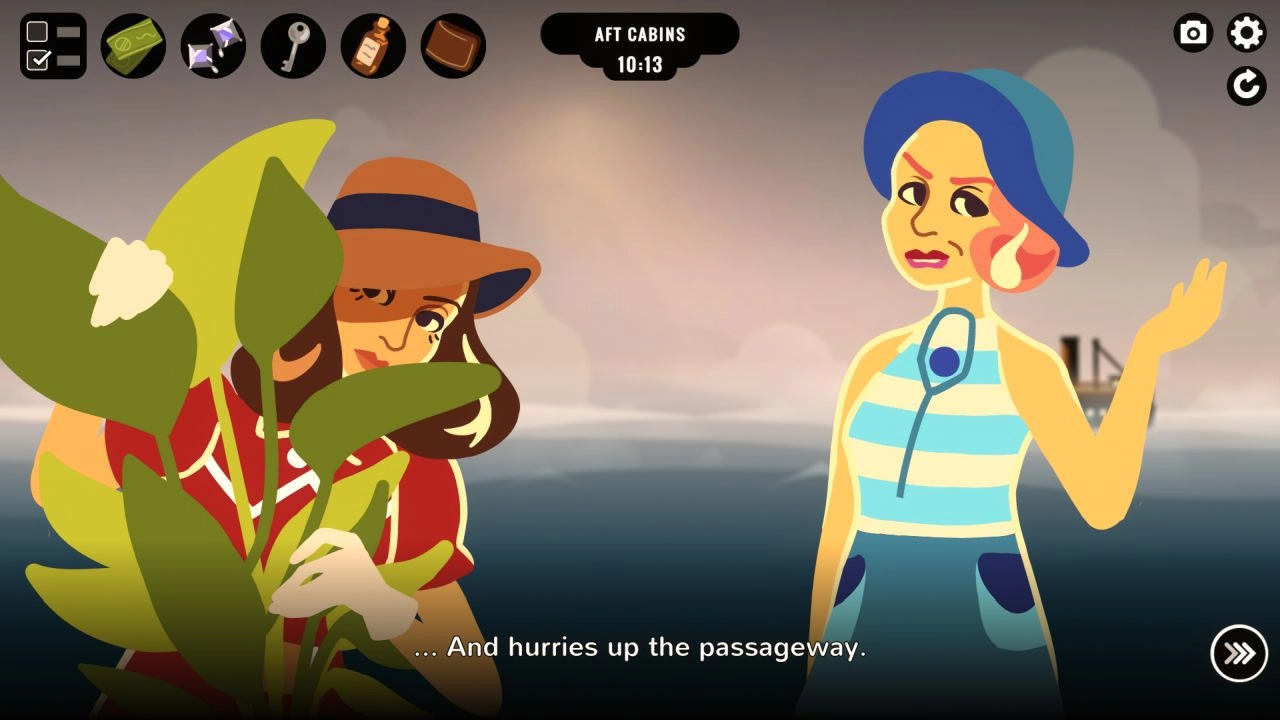
Created by Inkle, the studio behind remarkable games like 80 Days, Heaven's Vault, and the Sorcery series, Ink is a dynamic scripting language. Used extensively by game developers for curating compelling narratives, it makes use of simple markup, effectively negating the need for complex coding. The language is available as open source, allowing broad accessibility for developers from diverse backgrounds. However, despite its considerable advantages, until recently, it lacked the flexibility of functioning seamlessly with the Unreal Engine.
The Chinese Room, an award-winning game developer, effectively addressed this limitation by releasing a new open-source plugin. Known as Inkpot, the introduction of this plugin signals a transformative change for the game development community. Restructuring the conventional limitations of game scripting, this plugin integrates the vivid language system of Ink with Unreal Engine's visual scripting system, Blueprints.
The announcement of Inkpot was made earlier this week by Nick Slaven, the technical director at The Chinese Room. Access to the plugin is open to all, available for download via Github. Before the introduction of this groundbreaking integration, Ink has traditionally supported Unity, being a part of recent popular games like Sable, Goodbye Volcano High, and the yet-to-be-released Thirsty Suitors. Inky, the proprietary editor for Ink, allows developers to craft and test innovative narratives, ushering a new era of video game storytelling.
Given the transformative power of this language, the subject sparks curiosity about whether The Chinese Room is utilizing Ink for its ongoing projects. This includes the highly anticipated sequel, Vampire: The Masquerade - Bloodlines 2. The development of this plugin may lead one to wonder if it is a result of mere technical curiosity, or a deeply-rooted necessity. Regardless of the reason, the integration undeniably paves the way for an exciting future of video game narrative development.
The long-awaited plugin, Inkpot, opens a new chapter for developers resistant to Unity. This newfound compatibility promises an expanded landscape for developers, welcoming an array of creative minds to curate compelling video game narratives in a more advanced and immersive environment. Now, the meshing of Unreal Engine's visual scripting system and Ink's narrative scripting language offers a new tool for game developers to uplift their storytelling game. It provides a state-of-the-art platform for developers to craft vivid narratives that can be brought to life more vibrantly and deftly than ever before.
Against this backdrop, the Ink-Blueprints combination enriches development even further by providing an unprecedented narrative scripting experience. This unprecedented collaboration promises to usher in a new era of video game development and storytelling. With the help of the Inkpot plugin, the Unreal Engine not only becomes a platform for enhanced visual content but it serves as a canvas on which stories can be intensively weaved, thereby creating unforgettable interactive narrative experiences for gamers around the world.
You must be logged in to post a comment!